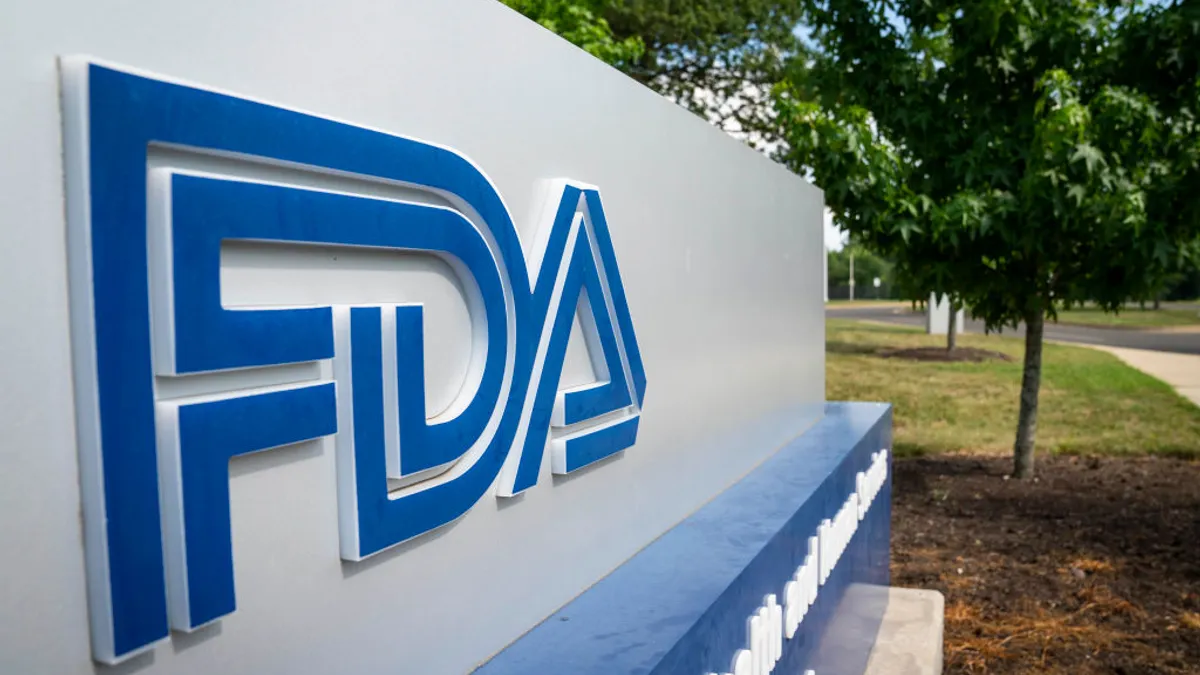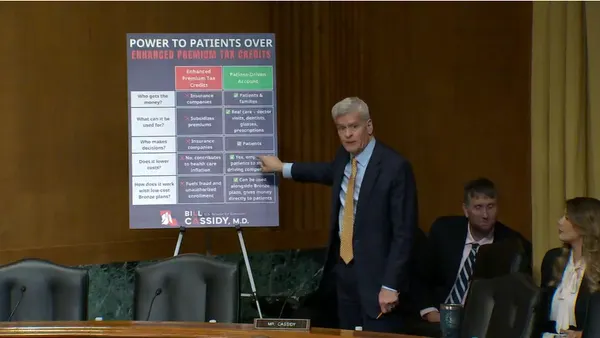The Food and Drug Administration has temporarily deflected a lawsuit alleging it violated federal law by removing Eli Lilly’s obesity and diabetes drugs Zepbound and Mounjaro from an agency shortage list. But in the process, the regulator agreed to evaluate objections from the companies selling compounded copycats of Lilly’s fast-selling medicines.
A ruling issued Friday in the U.S. District Court for the Northern District of Texas permits the makers of compounded versions of tirzepatide, the active ingredient in Zepbound and Mounjaro, to temporarily keep selling their medicines. In the meantime, the FDA and a group of compounders, led by a trade group called the Outsourcing Facilities Association, will continue negotiations. They will file a status report on Nov. 21, according to court documents.
The decision is the latest twist in a saga over the supply of so-called GLP-1 medicines like Zepbound, Mounjaro and Novo Nordisk’s Wegovy, which can help people quickly lose weight. Demand for the medicines has been so strong it’s outstripped supply, leading to manufacturing shortages that have made it possible for direct-to-consumer companies to step in and offer compounded alternatives.
Lilly and Novo have spent billions of dollars recently to boost manufacturing to meet demand for a market that is forecast to exceed $100 billion a year next decade. Lilly’s moves have already paid dividends, as the agency in August indicated that shortages of tirzepatide had been resolved. On Oct. 2, the FDA made that distinction official, stating that “product availability and manufacturing capacity can meet the present and projected national demand.” That declaration meant that legal restrictions on mass producing compounded copycats were back in place.
The Outsourcing Facilities Association sued the FDA five days later, arguing the agency had run afoul of federal law because its declaration amounted to a “substantive” rule that contradicted available evidence. The complaint cited the FDA’s drug shortage site, which states that “patients may not always be able to immediately fill their prescription at a particular pharmacy” because of supply chain issues.
The FDA should have followed established procedures requiring agencies to notify companies of a shortage’s end beforehand, the OFA argued. Doing so enables the FDA to receive comments from affected parties.
The FDA on Friday sought to stay the case, contending the proceedings could limit its ability to enforce restrictions while litigation is ongoing. In that filing, though, the agency agreed to allow compounders to continue making tirzepatide while re-evaluating whether a shortage is ongoing. The OFA agreed, and the FDA’s motion was confirmed by the court.
The FDA lists only one formulation of semaglutide, the active ingredient in Novo’s Ozempic and Wegovy, to be in shortage. That is the low “starter” dose of Wegovy people receive before moving on to higher doses.












